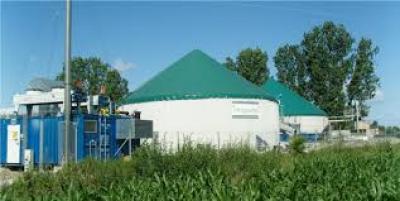The Our Fresh Water 2017 report released today confirms the direction of the Government’s reforms for improving the management of fresh water, Environment Minister Dr Nick Smith says.
“This is the first comprehensive and independent report on the state of New Zealand’s fresh water and arises from the Government’s Environmental Reporting Act that came into effect last year. The issues identified in respect of nutrients, E. coli, sediment and fresh water ecology are not new and are being addressed as part of the Government’s fresh water improvement programme. The value of the report is in providing a robust, independent baseline so future progress can be independently verified every three years.
“The report highlights that New Zealand’s fresh water challenges vary significantly across the country and that the problems have arisen due to agricultural and urban development over many decades. The overall picture is that pollution from nitrates is increasing, from phosphates is decreasing, from E. coli is stable and that water clarity had been deteriorating but has improved over the past decade.
“It confirms New Zealand’s most significant fresh water quality challenge is diffuse nitrate pollution. The problem is worst in urban environments but the negative effects impact on a greater number of rivers and lakes in rural, pastoral environments. The first caps on nitrates were set in 2011 in Taupo and now 18 catchments have limits, as the Government’s National Policy Statement on Fresh Water is implemented. This progress will need to continue if these long-term negative trends on nitrates are to be reversed.
“This report is also a strong endorsement of the Government’s direction in improving the swimmability of our rivers and lakes. It confirms the validity of the recently announced grading system, levels of risks of the swimmability categories and that the current level of swimmability of our rivers at 65-70 per cent. The Government’s plan to improve 1000km of river and lake margins per year to achieve 90 per cent by 2040 is ambitious but achievable, with initiatives like national regulations excluding stock from waterways.
“The Government’s programme of work includes tighter regulation of nutrients, new provisions for protecting water ecology and the development of good management practice for farmers and other water users, as well as a record $450 million investment in fresh water quality initiatives. Our programme is about openly reporting the problems and a practical plan of initiatives which will improve water management.
“This report gives improved information but not a complete picture of New Zealand’s water management. Our new national regulations on water metering that took full effect last 1 November will ensure the next report provides far more comprehensive information on water use. The other area where more data is required is in respect of sediments. Fresh water is one of New Zealand’s most valuable resources, and this three-yearly independent stocktake will become a critical reporting document for ensuring positive progress.”
| A Beehive release || April 27, 2017 |||





